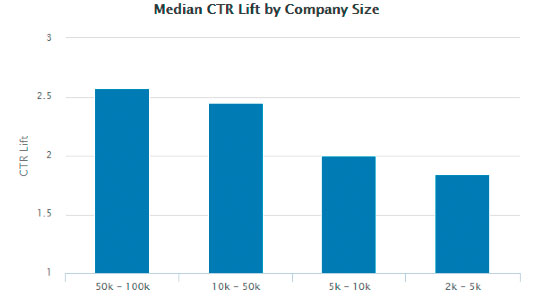There will soon be a lot more business transactions happening within Facebook Messenger if a recent discovery buried within the app is any indication.

According to Forbes, a “forthcoming software release” will let users pay for goods in person or “pay directly in Messenger when you pick up the item,” effectively turning Messenger into another Wallet service.
It sounds like rather than trying to compete with Apple Pay, Android Pay, and the like, Facebook will work to partner with such existing payment services, which could go a long way toward getting people to actually use it. If it works with services people are already using, people may be more inclined to try it out. On the other hand, it’s unclear what reason they would have to do so if they are in fact already using the other service.
As Forbes notes, however, Facebook CEO Mark Zuckerberg said a couple months ago that the company would be willing to partner with other companies that do payments.
Zuckerberg said during the company’s earnings conference call (via Seeking Alpha’s transcript), “On payments, the basic strategy that we have is to make it especially in products like Messenger that where the business interaction maybe a bit more transactional, to take all the friction out of making the transactions that you need. So, we don’t view ourselves as a payments business, that’s not the type of company that we are. We’ll partner with everyone who does payment. We look at the stuff that Apple is doing with Apple Pay for example as a really neat innovation in the space that takes a lot of friction out of transactions as well. And our view is that the less friction, the better the user experience, the more people can easily interact with businesses that they care about. And ultimately for our business that will drive up the amount that businesses are willing to pay to advertise to send people into those interactions because they perform well. So it’s good for everyone but that’s how we think about that.”
During the call, Zuckerberg said with Messenger, they had been focused on two things. The first was expanding the the types of content people can share with the service. The other thing would be business.
“But in terms of the business, the more important piece is how people can interact with businesses through Messenger,” he said. “And we started some early small tests around f8 last year where with some ecommerce services made it so that people who were buying things could follow up with the business and get customer support and buy more things. And we went through this process of integrating that and making sure that it’s integrated with all these system well. And I think everyone is really happy with that so far. So we started off pretty slowly, but that’s going to be some of the basis for how we look to make Messenger a business going forward. And we’re happy with the initial results. There is obviously a lot more there that we need to do and we’ll have more to talk about this year and beyond.”
It was about a year ago that Facebook began allowing for P2P payments with Messenger.

As Zuckerberg alluded to, Facebook introduced some things at F8 last year. For one, they turned Messenger into a platform, and opened it to developers to build new experiences. Secondly, they revealed business features like the ability to let your customers connect with you via Messenger and then send them personalized updates and talk to them in real time.

In August, Facebook launched Pages Messaging, which gave customers more ways to send messages to businesses and ways for Page admins to manage and respond to them. People can send messages to Page from a local awareness ad. They’ll see a button that says “Send Message” from which they can initiate a onversation in a Messenger window that appears. For Pages, the incoming messages include an attachment that shows the ad that prompted the message. Once the user initiates the conversation, the business can respond as they like. They also started letting businesses respond via FB message to public comments.
Late last year, Facebook announced its Request a Ride service, which let users request, track, and pay for Uber rides all within Messenger. Messenger got new Lyft integration earlier this month as well. Now, you can also check into KLM flights with Messenger.
A December report found that Messenger is the fastest growing of the top apps in the U.S. It has 800 million people using it each month. Earlier this year, Facebook shared this infographic looking at last year’s additions to the product as well as trends for this year.

F8 is coming back on April 12, and the company is expected to make new announcements pertaining to Messenger’s progress and plans for business. This may very well include new payment partners.
Do you expect Messenger to be a valuable tool for business?
Image via Facebook










